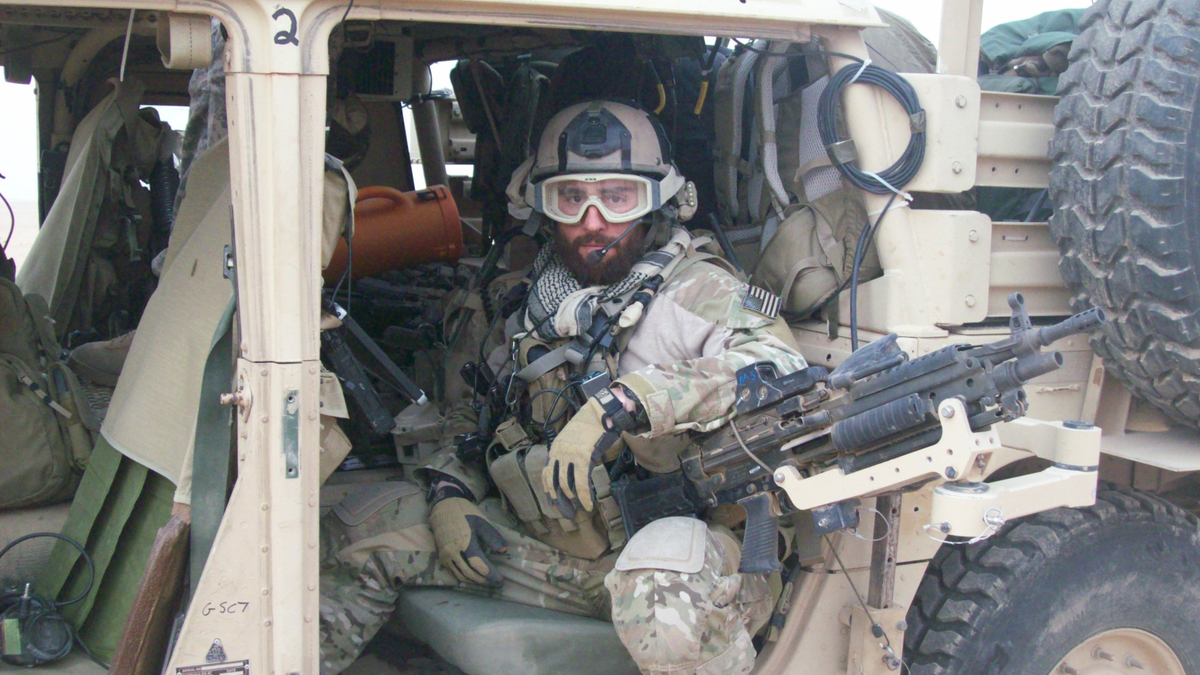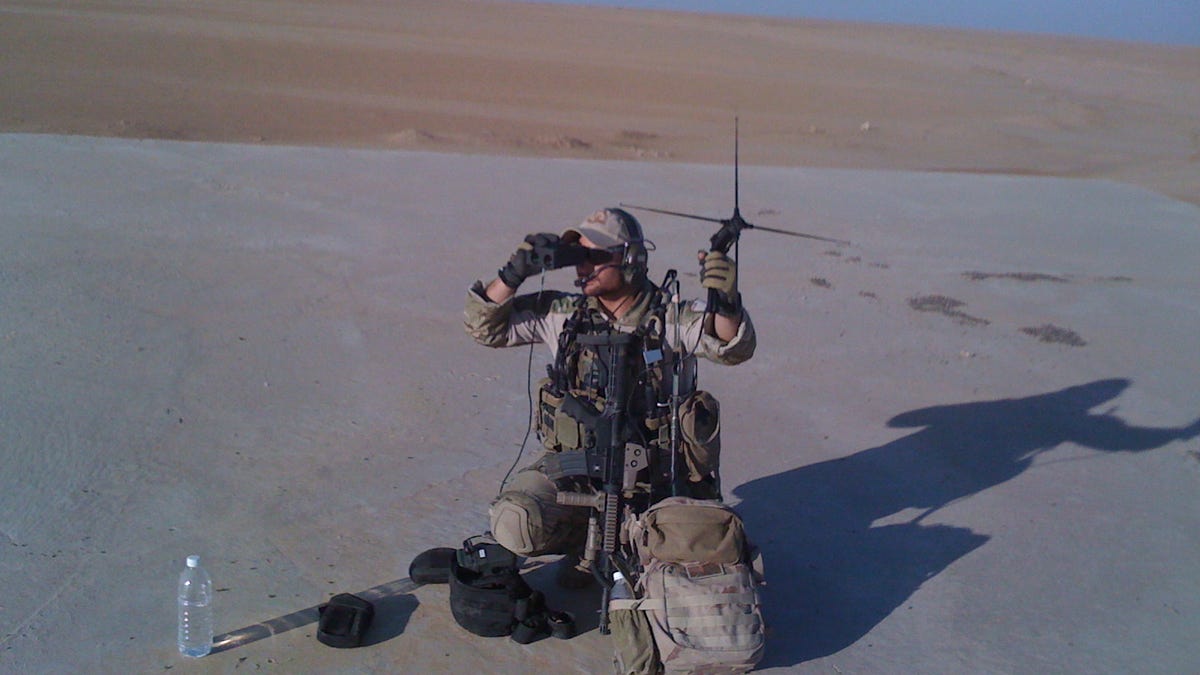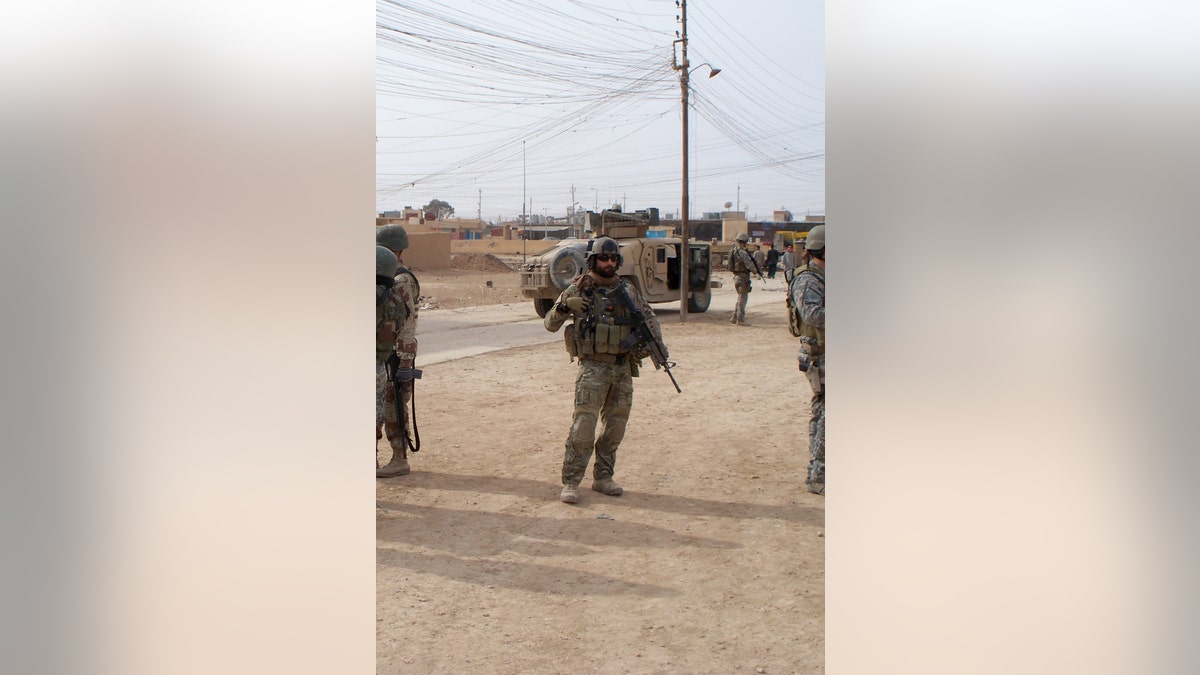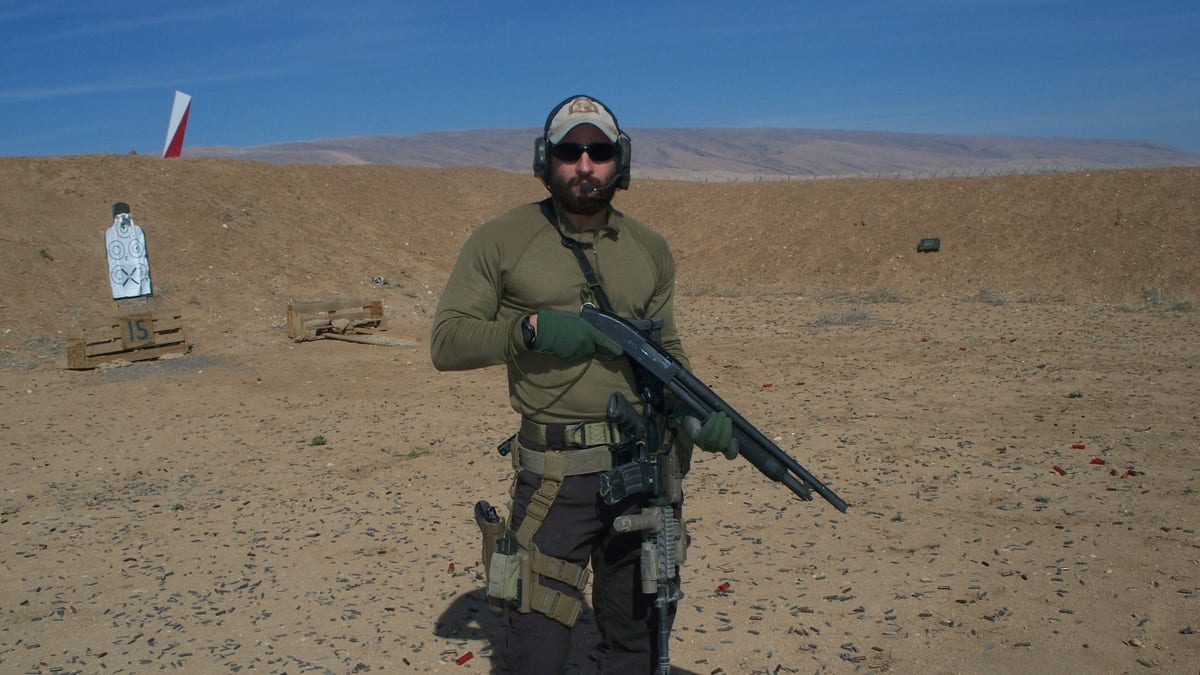
Damon Friedman (Courtesy of SOF Missions)
As you celebrate the Fourth of July, please remember our often forgotten heroes. They paid a terrible price for our freedoms.
Many of them have served in America’s longest war – the War on Terror that began on Sept. 11, 2001 when Islamic terrorists seized four airliners and killed almost 3,000 Americans at the World Trade Center in New York City; at the Pentagon in Arlington, Virginia; and in a field near Shanksville, Pennsylvania.
There is no end in sight to this war. Already, more Americans have served in it than the Vietnam War. Sadly, the war often continues inside, after the warrior returns home.
As an Air Force lieutenant colonel who spent four combat tours in Iraq and Afghanistan, I know many of these warriors. We’d call them patriots, but they would say that they were just doing their job. They were fulfilling their oath to “support and defend the Constitution of the United States.”

Damon Friedman (Courtesy of SOF Missions)
We’d say that’s a noble thing. They’d say they just wanted to serve because they love their country and wanted to protect their families.
Many of them came back to us as broken, shattered people incapable of enjoying the life they once knew. Their stories are full of pain and heartache. They suffer from post-traumatic stress disorder (PTSD), finding themselves unable to adjust to civilian life, haunted by the things they did and the things they saw.

Damon Friedman (Courtesy of SOF Missions)
These veterans may experience enormous grief over the loss of fellow comrades and guilt over decisions they made or actions they took. So many of them also experience a deep sense of hopelessness and loss of purpose. They feel isolated and alone, unable to reconnect to family and friends. Many of their marriages end in divorce.
Besides such clinical issues as hyper-vigilance, sleeplessness or intrusive thoughts, most of these heroes suffer from uncontrolled anger and irritability. Anger is easily triggered by a sight, a smell or a thought.
Some try to drown their pain in alcohol or take it out on others in various forms of abuse, such as domestic violence or road rage. Some, finding themselves at wits’ end, attempt to end their pain by suicide. According to the Department of Veterans Affairs (VA), some 20 veterans commit suicide every day – 10 times the number who die in combat.

Damon Friedman (Courtesy of SOF Missions)
The VA has implemented numerous programs to address the issues of returning service members. It has made a concerted effort to help our veterans. But much more needs to be done. The solution lies in taking a holistic approach that addresses their physical, emotional and spiritual problems. Failing to address the spiritual component is leaving a gaping hole in the treatment of our warriors.
Fortunately, a number of ministries have stepped forward to do battle for the hearts and minds of our troubled heroes. At SOF Missions, our approach is based on complete surrender to God. When a warrior comes to the place of surrender, he or she realizes the battle can’t be won alone.
The enemy, in whatever form it takes – PTSD, alcoholism or abuse – is just too strong. Some wounds, only God can heal.
Through Him, warriors experience healing and find lasting peace. He is the only one who can take the guilt, anger and bitterness away, and bring a person into a place of hope, peace and lasting rest.
